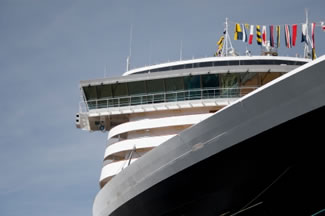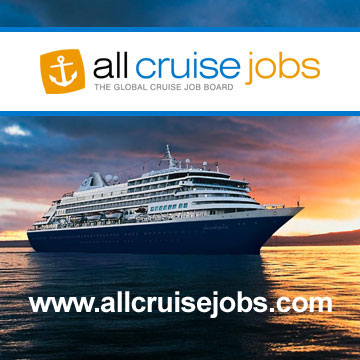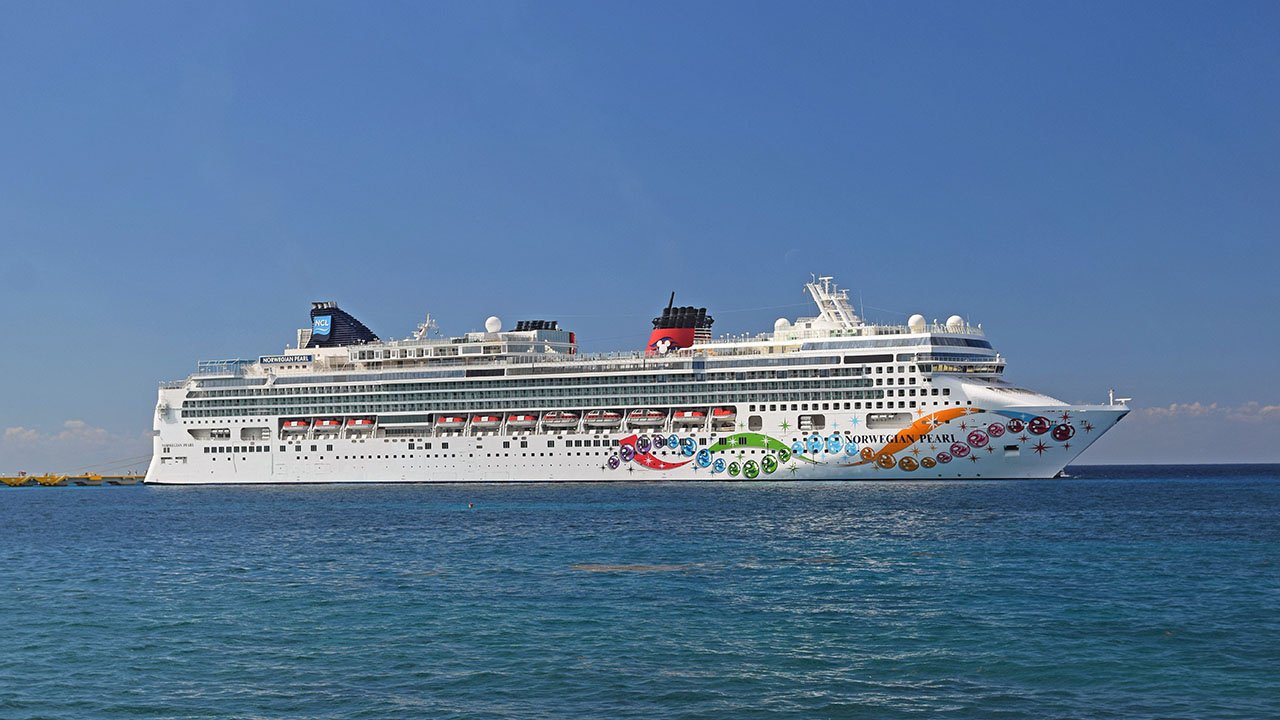

As “the friendly face of a passenger ship,” a cruise director is among the first to greet embarking guests. Cruise DirectorĬharismatic and engaging, a cruise director arranges and orchestrates social events, such as musical performances, comedy shows, guest parties, and youth activities. Here, Cruise Industry News reveals an executive chef’s recipe for stellar food service. As of August 2019, executive chefs earn between $4,800 and $7,800 monthly. To qualify for this profession, one must be a culinary school graduate with at least five years of upscale restaurant experience. Time off can be spent either shipboard or on land during port stays. Typically, executive chefs work six days a week on a shift schedule. To avoid overspending, the chef collaborates with the food and beverage manager. Staying within the department budget can be tough. Accordingly, the executive chef ensures that all galley staff is thoroughly trained in sanitation practices. Of vital importance is safe food handling.

The hot galley creates mouthwatering cooked meals, while the cold galley offers scrumptious buffet foods and pastries.Īlso on the chef’s plate is supervising meal service in a ship’s restaurants, formal dining rooms, and buffets. Both the hot and cold galleys are under the chef’s skillful leadership. An executive chef oversees all menu planning, meal preparation, and galley staff. This position requires both culinary and managerial expertise. Related resource: Top 15 Hospitality Management Bachelor’s Degree Online Programs 1. Still, some jobs are especially lucrative. These benefits translate into major cost-savings. Some cruise lines also cover laundry expenses and uniforms. Thankfully, contracts are renewable, granting longer employment terms to those who serve with excellence.Īdditionally, crew members have a low cost of living since their meals and cabins are free. For new employees, job length ranges from three months to one year.

Onboard positions are short-term, based on contractual agreements. However, many other variables affect earning potential, such as cruise line, ship size, clientele, tips awarded, and prior job experience.Ĭontracts are another factor. Generally, the highest-paying jobs on cruise ships are held by officers, department heads, and those working on commission.


 0 kommentar(er)
0 kommentar(er)
